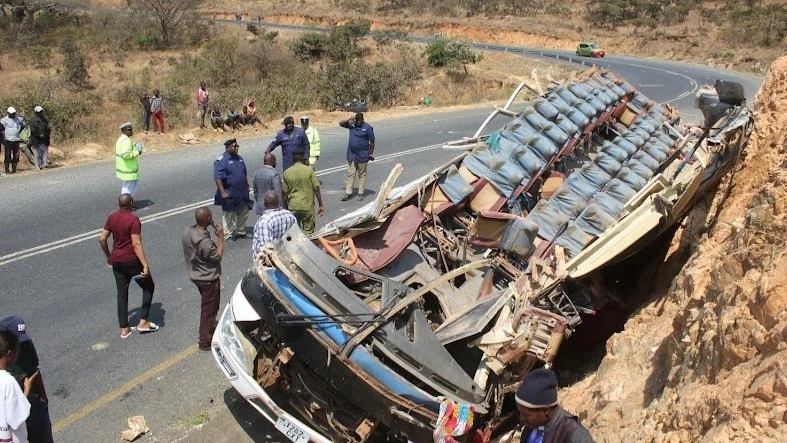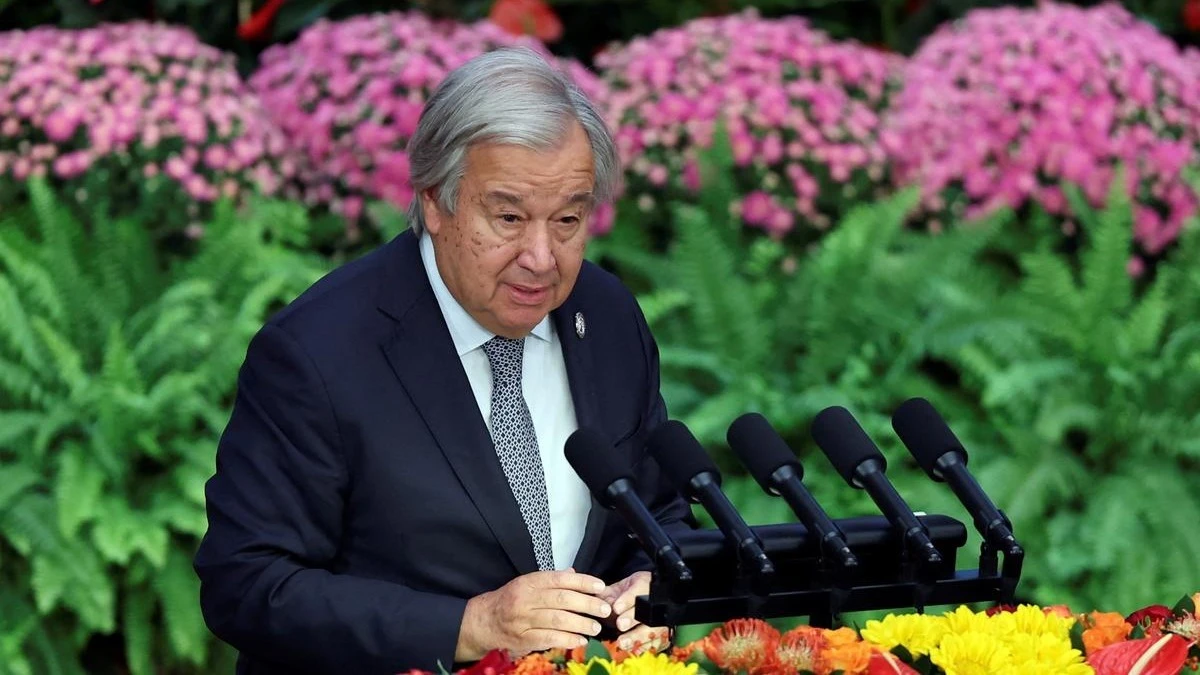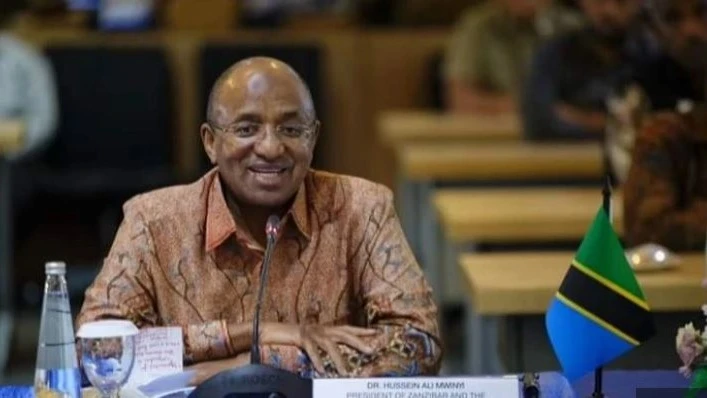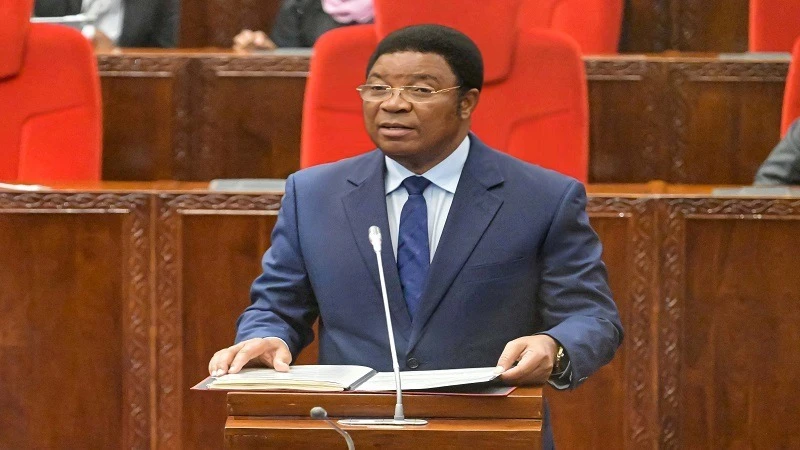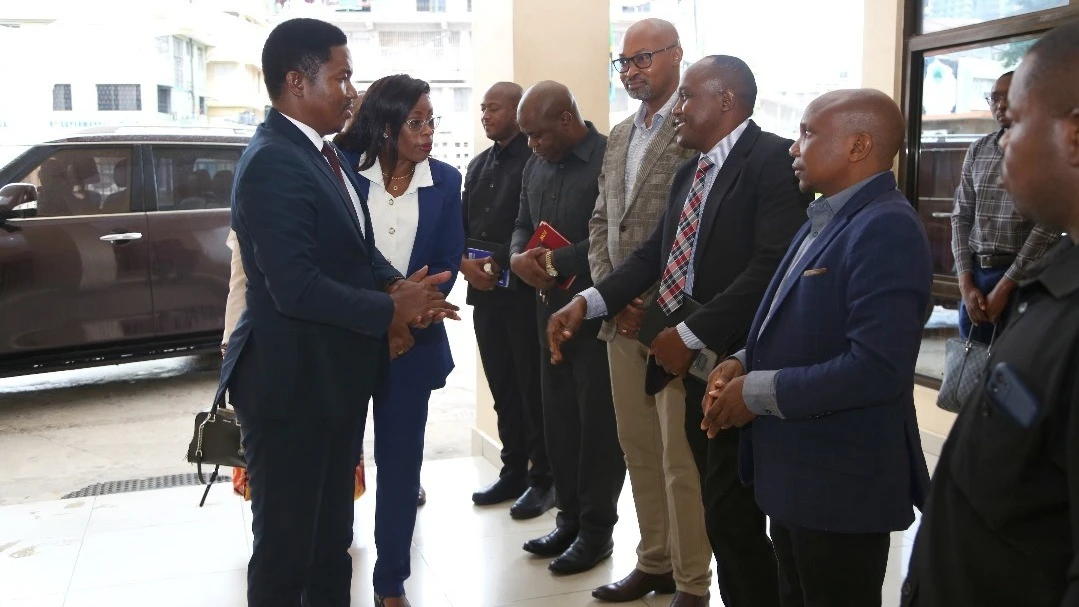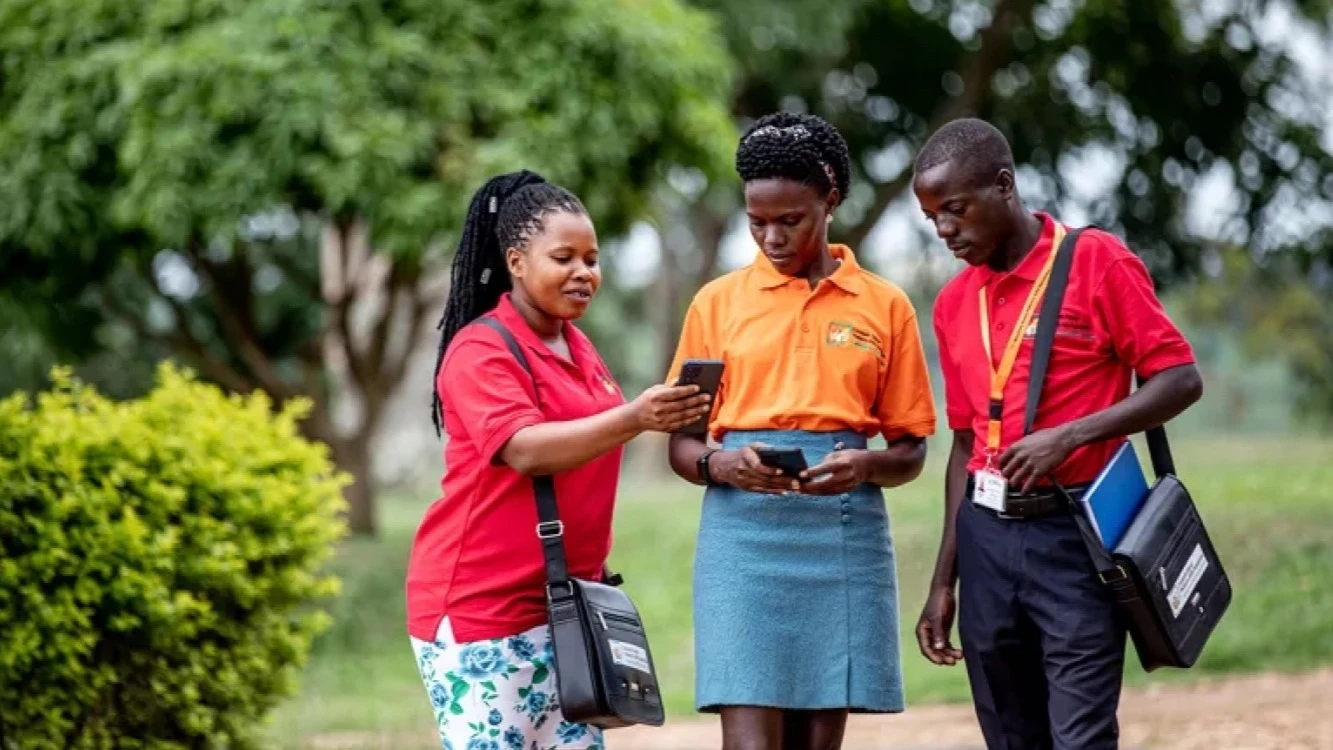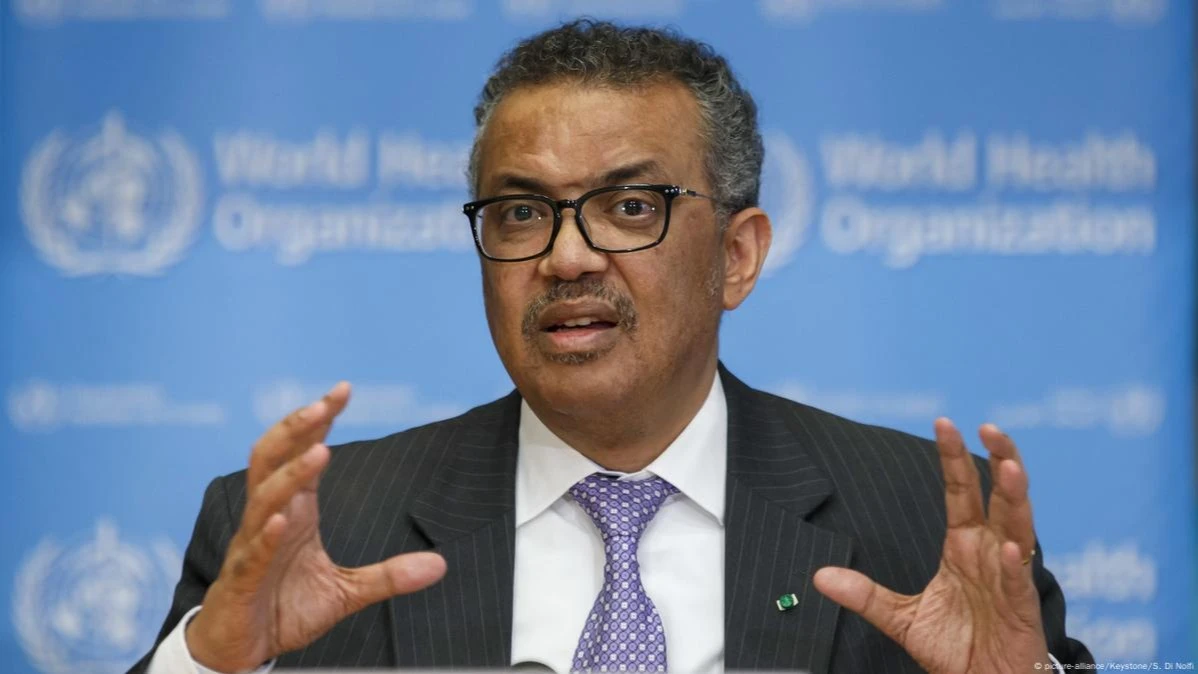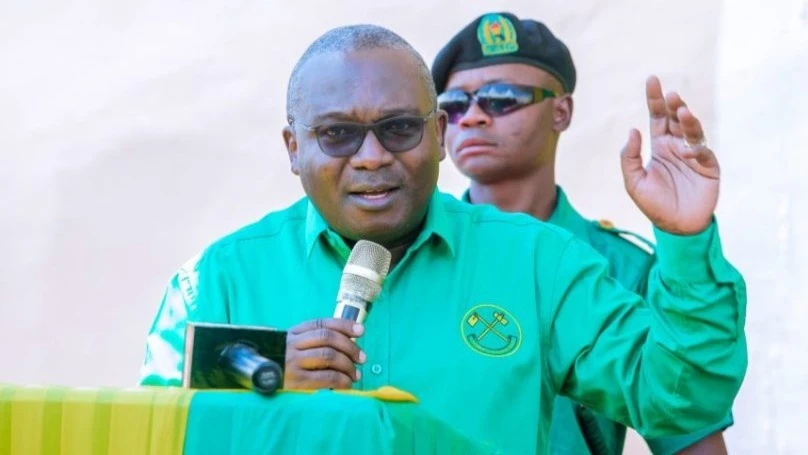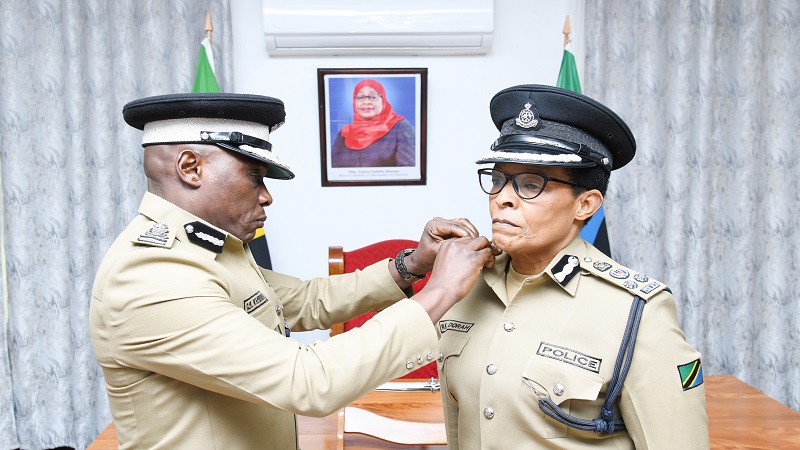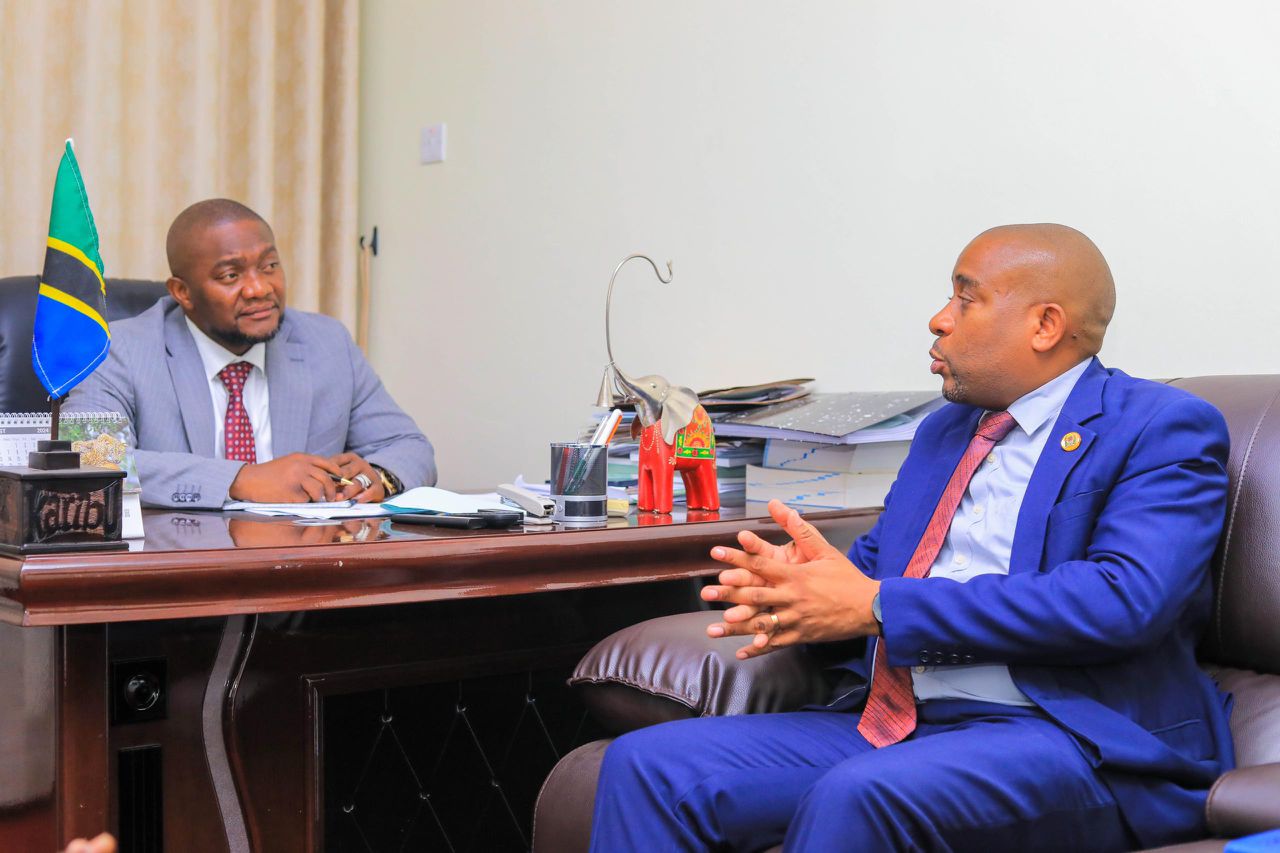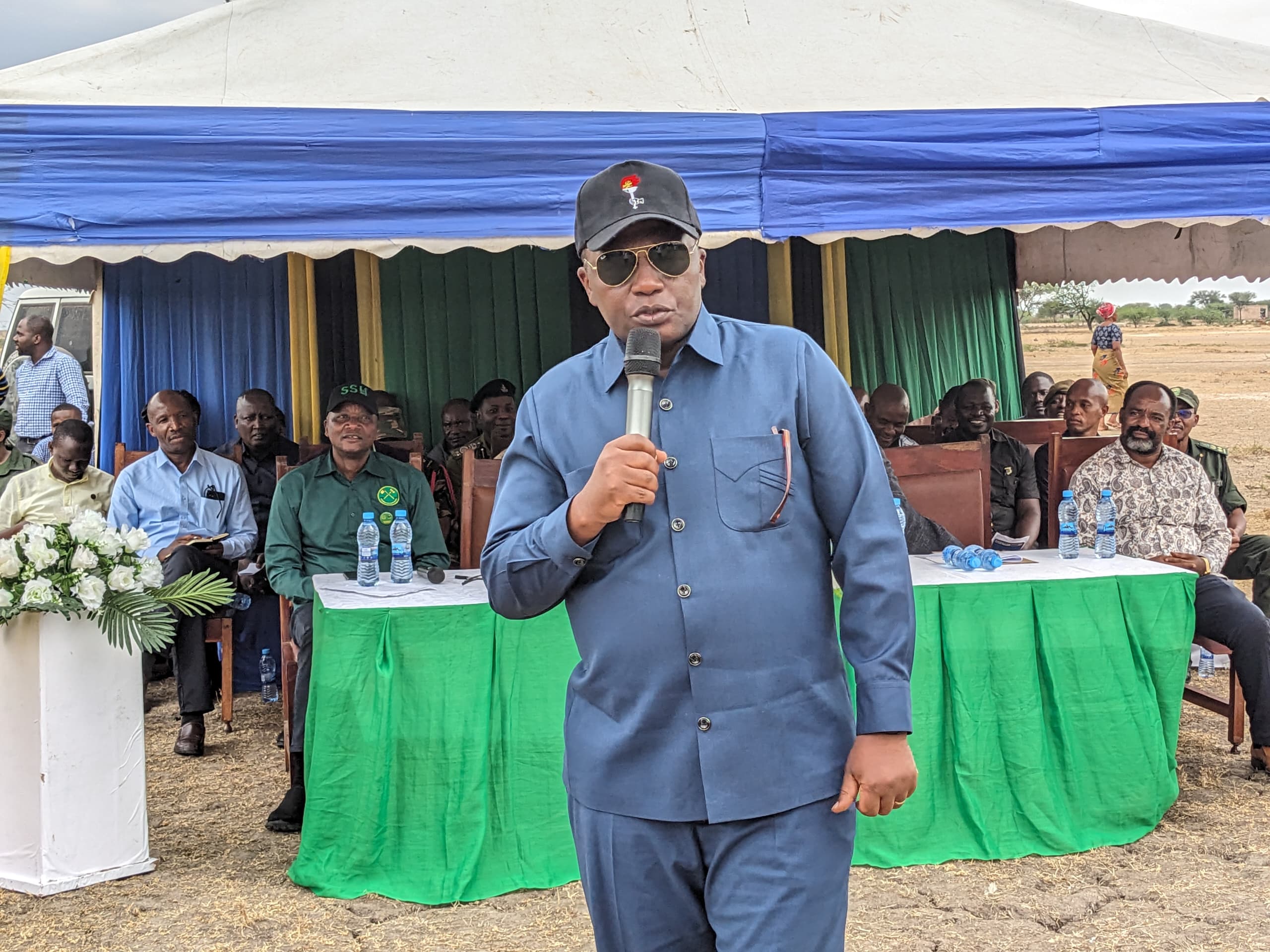Network calls for joint efforts to bolster women engagement in leadership posts
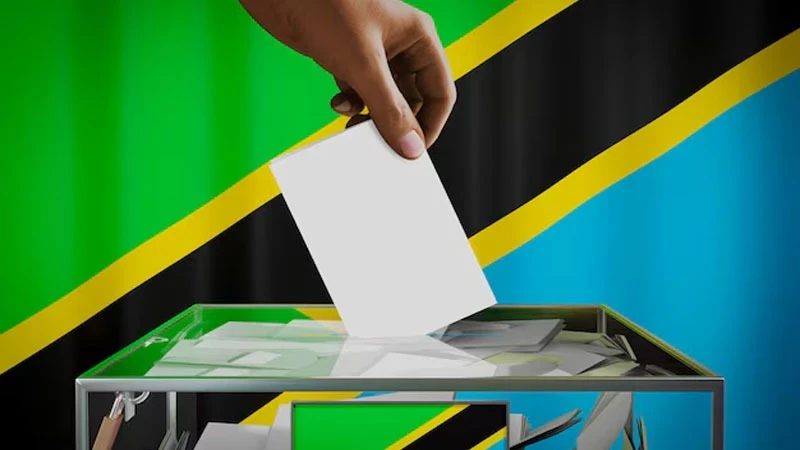
A network of Women in Constitution, Elections and Leadership has called for combined efforts from stakeholders to break cycles of inequalities and increase participation of women in elections and various leadership positions.
Prof Penina Mlama, network chairperson made the call in Dar es Salaam yesterday when speaking the two-day national forum of the network.
She said that despite progress in women inclusion, there are still gaps which hinder participation of women in various leadership positions and decision making bodies.
Prof Mlama underscored the need for the government to continue to review policies, laws and guidelines governing the country’s general and local government elections as well as political parties so as to increase women participation in various leadership positions.
Reports show that although women representation in various sectors was increasing, the pace is still very slow, something which needs more efforts to support their participation.
She noted that reports show that out of 11,916 Village chairpersons in the country, women are only 246 which is equivalent to 2.1 percent.
Similarly, in towns and cities where one would expect increased number of elected women leaders at local level, the trend is more like in villages because out of the 4,171 towns and cities, women Mtaa chairpersons are 528 which is equivalent to12.6 percent while out of 58,441 hamlets, women chairpersons are 4.171 ( 6.7 percent).
She said women especially in remote villages and towns are not heard and considered despite their competence.
According to her, there are a good number of women who are competent and can contribute well if given the opportunity but due to various reasons including geographical locations, they fail to participate in leadership.
“Women have rights to vie for various leadership positions in communities, the network has been working closely with the government and various development stakeholders to improve the environment and increase women participation in various fields such as of the economy, political and social,” she added.
Dr Ave Maria Semakafu, country coordinator of the Tanzania Women Cross Party (TWCP) – Ulingo platform said many positions in political parties are taken by men with women having low representation.
She urged political parties to stop giving hard times to women who are interested in leadership but rather support them to realize their goals.
Dr Semakafu noted that political parties are the major gatekeepers in determining which candidates have qualifications to vie for election. They play a critical role in enabling or blocking women’s participation in decision-making processes, so they must ensure they increase the number of women in those positions.
“Top leaders in political parties have a big role to play to make sure that women are given opportunity without facing any kind of setbacks, because for a long time women have been complaining of being mistreated or given fewer chances to vie for leadership positions,” she noted.
She encouraged women in the country to work hard, be confident and not hesitate to vie for leadership positions in the forthcoming elections so as to bring out their personal best to serve the public.
Rose Marandu, executive director of Women Fund Tanzania–Trust (WFT-T) called on women not to fear vying for leadership positions in the next local government positions.
According to her, members of the network have a role to support the change of mindsets in the society towards women’s capacities in leadership which are fuelled by cultural barriers, lack of confidence and awareness.
“It is important we continue to advocate for change, educating communities in remote areas to know the importance of valuing women power. Political party leaders also need to promote equality in their parties,” she said.
Prof Ruth Meena, women rights veteran activist claimed that there are still many gaps in elections as the competition system isn’t fair for women to compete.
“We need more transparent systems for choosing women in political party leadership positions,” she added.
Top Headlines
© 2024 IPPMEDIA.COM. ALL RIGHTS RESERVED








![The CEO of Flightlink Limited Mr. Munawer Dhirani and DTB Tanzania CEO, Mr. Ravneet Chowdhury [center] during the unveiling ceremony of the 72-seater ATR 500 aircraft over the weekend. Other officials present at the function are Chief Operating Officer.](https://ippmedia.com/storage/post-feature-images/01J75Y6DM8PY93SGFZD4GYPXJ4.webp )
